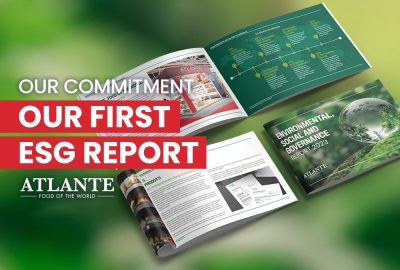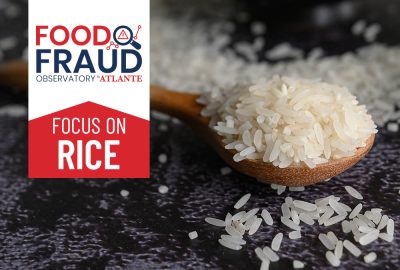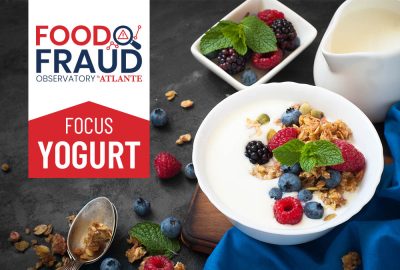Atlante
News
Food Fraud: Focus on Extra Virgin Olive Oil
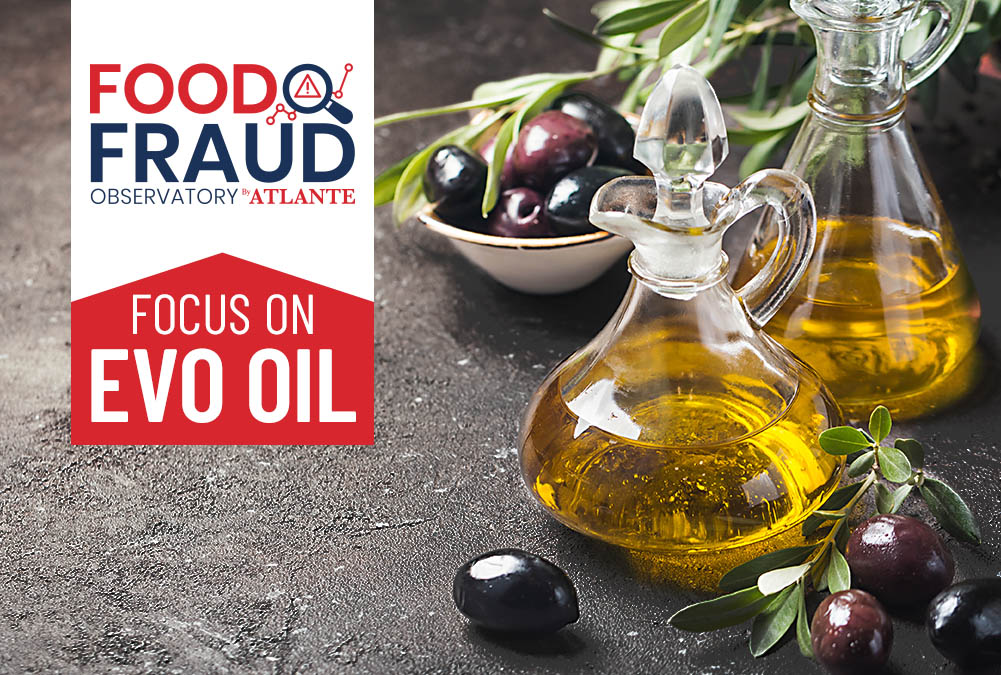
21 June 2024
The Atlante Food Fraud Observatory focuses on risks associated with products and categories. The goal? To raise awareness and ensure that businesses can work with greater responsibility.
Commitment and Collaboration: Atlante’s Initiative to Combat Food Fraud
Atlante has always paid particular attention to the risks associated with food fraud. In July 2023, Atlante launched the Food Fraud Risk Assessment project: a robust plan dedicated to evaluating the risks related to food fraud.
As part of this important plan, a collaboration with GDO Week has been established for a monthly column dedicated to food fraud prevention. The articles will be curated by Atlante’s Food Fraud Observatory and authored by Enrico Santi, Quality Assurance Manager.
Each article will provide insights, analyses, and best practices to tackle the complexity of food fraud.
This synergy highlights Atlante’s ongoing commitment to sharing its knowledge and most effective strategies with major Italian chains and its partners to ensure the genuineness and integrity of the food that reaches our tables.
Fraud and Adulteration of Extra Virgin Olive Oil
Extra virgin olive oil, a cornerstone of the human diet, has become an Italian agri-food product susceptible to fraud globally. Italy is one of the top 3 producers of extra virgin olive oil, and fraud can spell doom for many players in the olive oil market, including farmers and sellers, with consumers also being affected.
It is crucial to distinguish between intentional adulteration and unintentional adulteration, where some of the product’s parameters are compromised due to sub-optimal handling, rendering it unfit for the “extra virgin” classification. Fraud, however, comes in many forms, from adulteration and mislabelling to the misrepresentation of protected designation of origin (PDO) products.
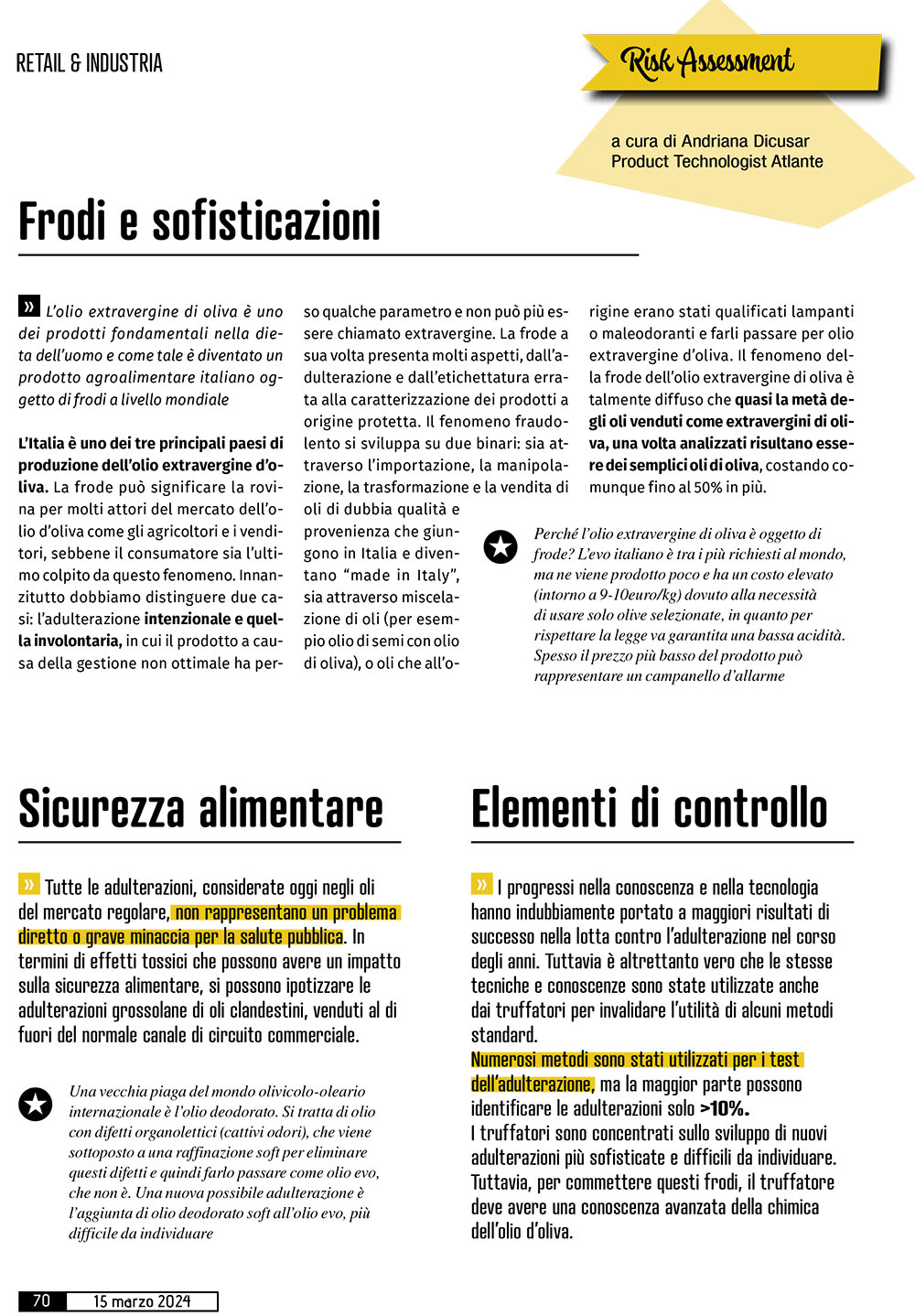
But why is extra virgin olive oil subject to fraud?
Italian extra virgin olive oil is among the most sought-after in the world. It is produced in small quantities and has a high cost (approximately €9-10/kg) due to the need to use only selected olives, harvested at the right time and processed on the same day, in clean mills where only selected olives can enter. Furthermore, it must comply with low acidity regulations. Lower-priced products often signal potential fraud, as these prices could not cover the production costs of real extra virgin olive oil.
Fraud unfolds on two fronts. Firstly, the importation, handling, processing, and selling of oils of dubious quality and origin that arrive in Italy and are labelled as ‘made in Italy’. Secondly, different oils such as seed or olive oil, or oils that had originally been qualified as lampante or malodorous, can be mixed into or passed off as extra virgin olive oil. The phenomenon of extra virgin olive oil fraud is so widespread that almost half of the oils sold as extra virgin olive oil turn out to be plain olive oil once analysed, and still cost up to 50% more.
Over the years, advancements in knowledge and technology have undoubtedly led to more successful results in the fight against adulteration. However, it is equally true that the same techniques and knowledge have also been used by fraudsters to circumvent standard detection methods, and, although various testing methods exist, most can only identify adulterations exceeding 10%.
As the ability to identify coarse adulterations through efficient analysis methods improved, fraudsters developed new, more sophisticated adulterations that are harder to detect, as they involve a selection of olive oil varieties that remain undetected by standard methods after blending. Executing these frauds requires a high level of expertise in olive oil chemistry.
A persistent menace of the international olive-oil world is deodorised oil. This is virgin or lampante oil, i.e., oil with organoleptic defects (bad smells) that undergoes soft refining to remove these defects so it can be passed as extra virgin olive oil, which it is not. A new possible adulteration is the addition of deodorised soft virgin olive oil to extra virgin olive oil, which is more difficult to detect, calling for new prevention strategies.
Food safety
All adulterations considered in regular market oils today do not pose a direct problem or serious threat to public health. In terms of toxic effects that may impact food safety, it is safe to assume that gross adulterations of clandestine oils, sold outside the regular trade channel, are taking place. Consequently, traceability and food chain monitoring serve as essential tools, complementing analytical methods for fraud detection.
Advice for consumers
- Check the price of the oil you buy
- Opt for an extra virgin oil that is certified as organic (organic oil cannot be chemically rectified because the solvents used to do so leave traces, which are banned for organic products)
- Real extra virgin olive oil takes on a solid consistency when refrigerated (chemically adulterated oils remain liquid)
- Check the label well. Though labels do not always guarantee the origin of the oil, they are still an ‘identity card’ for food products
- Be wary anonymous packaging without the correct labelling.
Atlante mitigation activities to guarantee Extra Virgin Olive Oil
We carry out the following mitigation activities to guarantee the quality and authenticity of our oils
- Traceability
- Laboratory analysis for each batch
- Panel tests at specialised laboratories
- Direct presence during the production of extra virgin olive oil.

